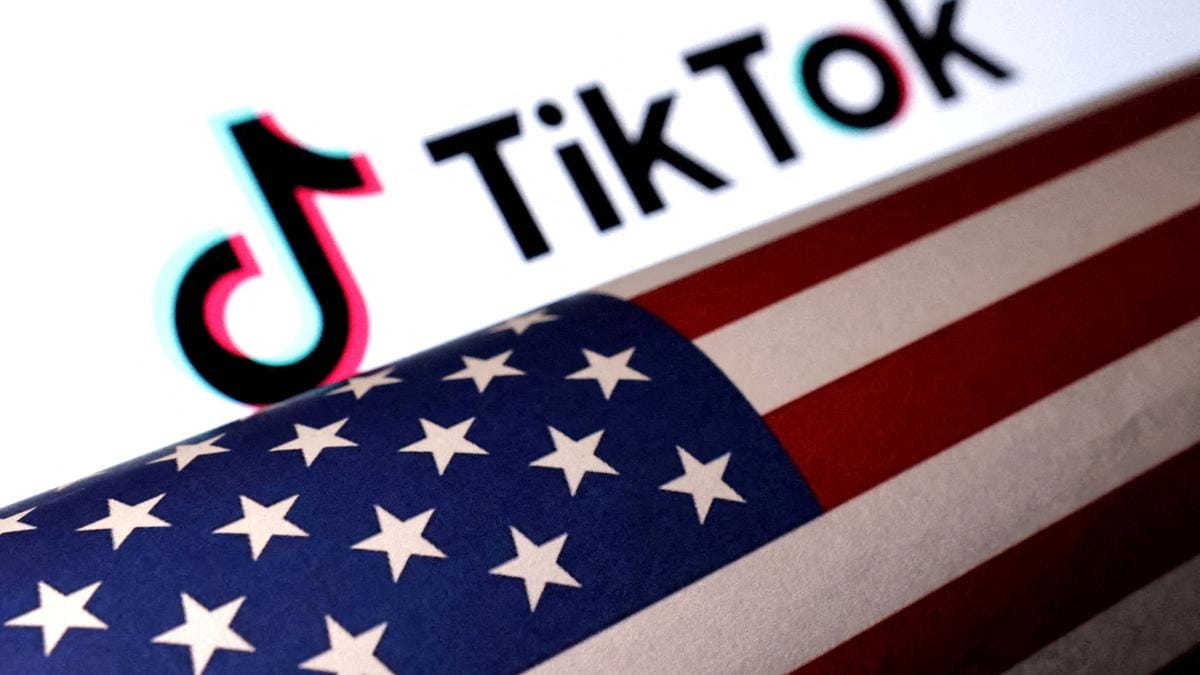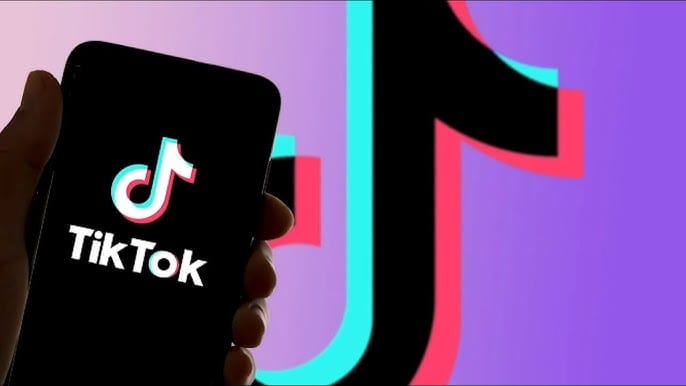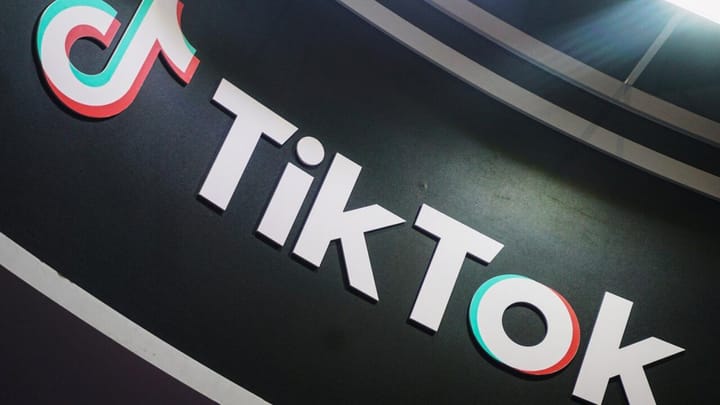Will TikTok Be Forced to Sell? U.S. Court to Decide by December 6
The U.S. appeals court decision on TikTok’s divestment is set for Dec. 6. Learn about the potential outcomes and what’s at stake for the app.

As the clock ticks toward January 19, 2024, the U.S. government’s looming divestment deadline for TikTok draws closer, with a federal appeals court set to deliver a critical ruling by December 6. At stake is the future of the Chinese-owned app, which is used by over 170 million Americans, as the government continues to express concerns over national security risks tied to its data practices.
This case stems from a law requiring ByteDance, TikTok’s Chinese parent company, to sell its U.S. operations due to fears that user data could be manipulated by the Chinese government. The U.S. Court of Appeals for the District of Columbia will weigh several key scenarios in the upcoming ruling, each of which will significantly impact TikTok's operations and its American users.
Scenario 1: Court Upholds the Law
One potential outcome is that the court fully supports the government’s stance, confirming that ByteDance must divest TikTok’s U.S. assets by the January 19 deadline or face a ban. Should this happen, TikTok would likely file an immediate appeal, possibly taking the case to the U.S. Supreme Court, setting up a protracted legal battle that could stretch the divestment process into next year.
Scenario 2: Court Upholds the Law But Deems It Unfair
Alternatively, the court could back the government's position on national security but rule that the law unfairly targets ByteDance and TikTok specifically. The court might find that such a law constitutes a "Bill of Attainder," which is unconstitutional because it imposes punishment on a specific company without a fair trial. In this case, the court could call for a more thorough process to verify TikTok’s alleged national security threat, potentially providing the app a lifeline or at least delaying the divestment requirement.
Scenario 3: Court Rules the Law is Unconstitutional
Finally, the court could side with TikTok and ByteDance, ruling that the law infringes upon free speech rights protected by the First Amendment. TikTok’s legal team argues that this move is a drastic departure from the U.S.’s historical commitment to internet freedom and could set a dangerous precedent for other online platforms. If this happens, the Justice Department would likely seek to appeal to the full appeals court panel or the Supreme Court.



